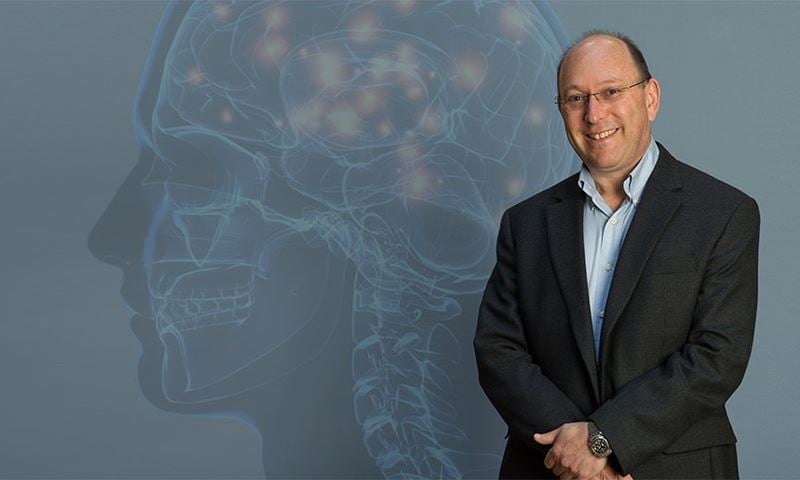We’re never short of opportunities to stay healthy. From local sport to gym routines to weekly jogging, life is chock full of methods to exercise and stay in shape. Yet there always seem to be just as many excuses to stay on the couch. According to the ABS, about 45% of Australians don’t get enough exercise and 15% don’t do any exercise at all.
So if you’re one of us who need a bit more motivation to get moving, start thinking about the benefits that aren’t immediately obvious. Like the benefit exercise can have on your mental health.
How often do you exercise alone?
Whether it’s joining a cycling group, going to the gym or taking a yoga class, exercise and socialising have a habit of blending together. And socialising, is also very good for our brains. Social behaviour boosts feelings of wellbeing, can lower your risk of developing dementia and even increases your likelihood of living longer. So you can use that one next time your friend cancels brunch.
According to Professor Berk, in addition to the physical health benefits that we are all aware of, participating in exercise also gives us a sense of self-efficacy and control. Depression can be incredibly disempowering so the feeling of taking charge of your own life is a great benefit for those suffering from mental health disorders.
Professor Berk also emphasises the importance of routine.
“One of the most important things is to have some kind of routine that is feasible within your own time schedule. A lot of people will say ‘Okay it’s not feasible for me to go in the afternoon because I don’t know what time I’ll get back’. So they carve out a half hour before breakfast. It’s finding the time that works for you within your own lifestyle.”
The invisibility issue
Social perceptions of mental health are changing. We’re lucky to live in an era where we can talk about issues like depression and anxiety and not only receive treatment but have them taken seriously.
According to Professor Berk, “One of the difficulties is that mental health disorders are invisible … and when they are not visible it is easy to misunderstand or misattribute where it’s coming from.”
Often these days’ people develop a habit of self-stigmatising, which means assuming that others will stigmatise them when in reality it is the opposite. Our understanding and tolerance of mental health has come a long way and it’s never been easier to ask for help.
The secret syrup
Exercise increases secretion of a brain fertiliser called BDNF, or Brain Derived Neurotrophic Factor. BDNF is a magic bullet when it comes to building h2 and healthy pathways in the brain. It encourages the growth and survival of nerve cells and the more you have, the better.
“What most people don’t know is that BDNF is secreted by contracting muscles. So the best way to increase BDNF is through doing exercise.”
BDNF essentially, makes it easier for our brains to function the way we want them to. And exercise, the use of our muscles, increases the amount of BDNF in our system.
Feasible, sustainable and reasonable
Most of us are time poor. Whether it be work, family or excessive commutes, we all have other commitments that tend to get in the way of exercising. Professor Berk has something to say about this.
“It’s important to recognise that no matter how busy you are, exercise should be something that you prioritise.”
If you know you won’t have time after work, go for a run before breakfast. If you don’t get a spare second in the week, go running on the weekend.
And any exercise routine should be appropriate and feasible. Moderate exercise for a 70 year old is different to that of a 20 year old. Find what works for you and don’t push beyond the limits of reasonability. Because at the end of the day, any exercise is better than nothing at all.
The Good News
The reality is that the vast majority of people with mental health problems who get treatment and actively try to be healthy, get better. Many still view mental health like an unsolvable riddle that strikes randomly and is hard to understand. But it’s not. And exercise is a great start to keeping both body and mind in good shape.
If you or someone you know needs help please contact Lifeline on 13 11 14.



